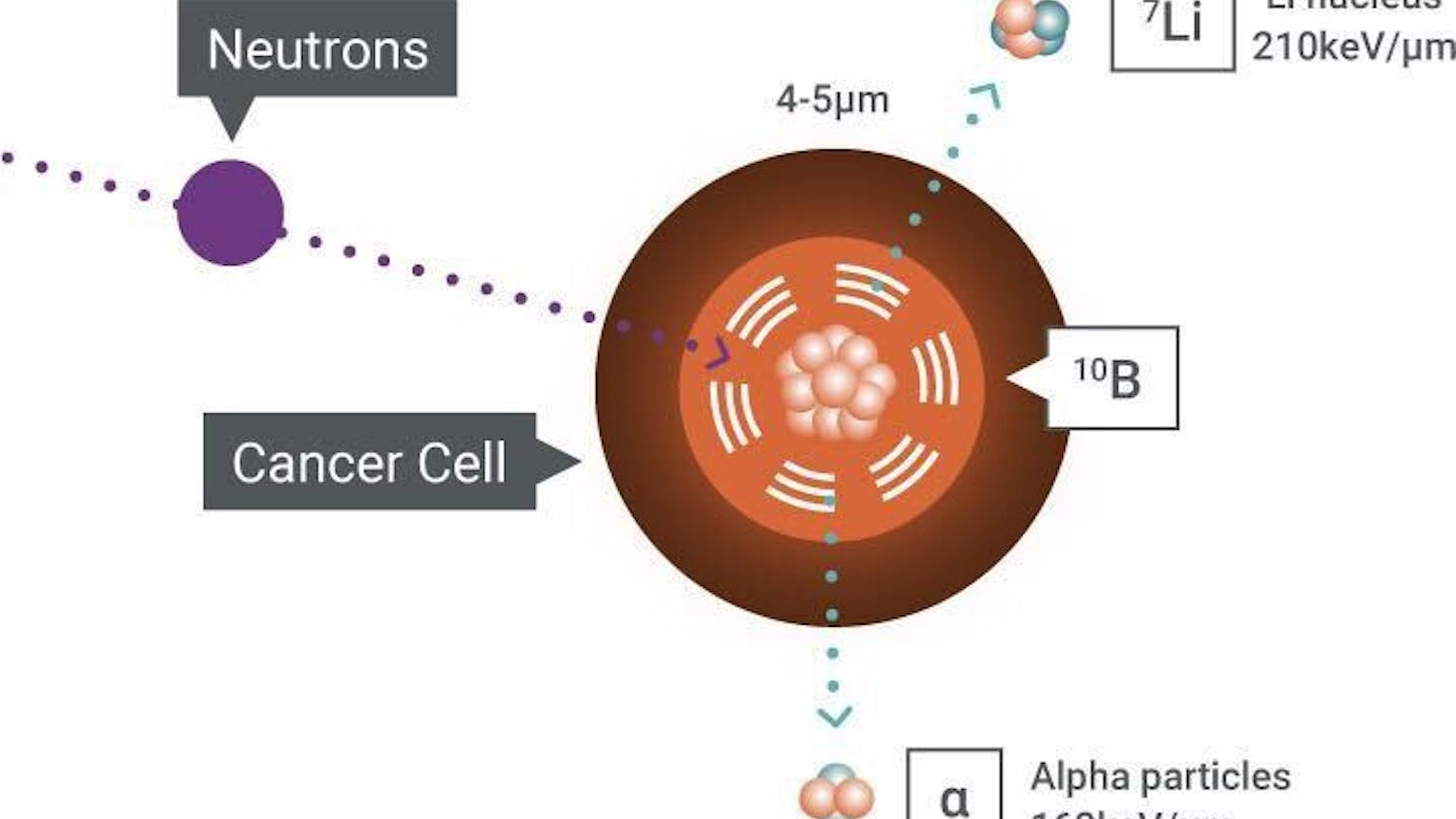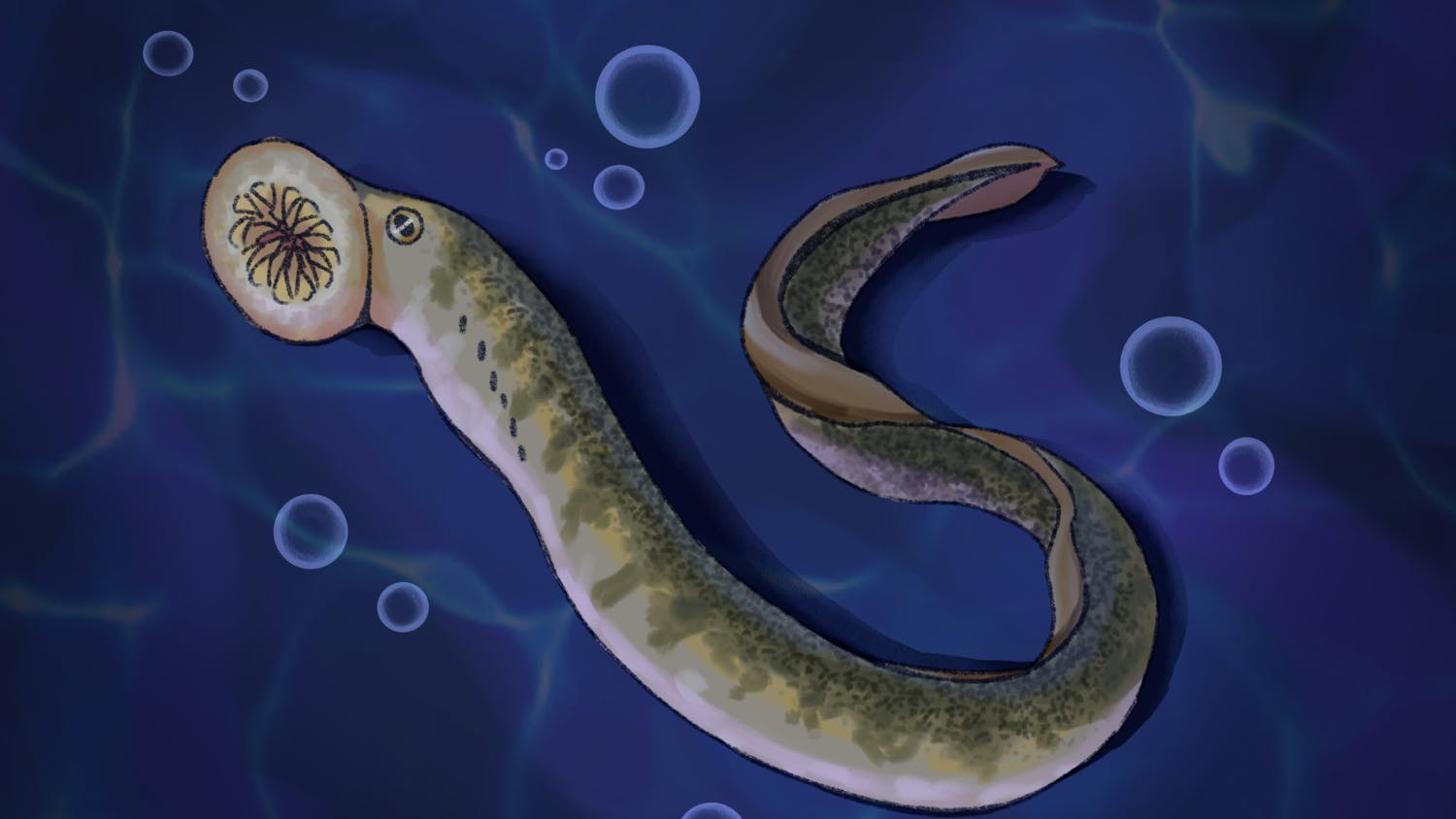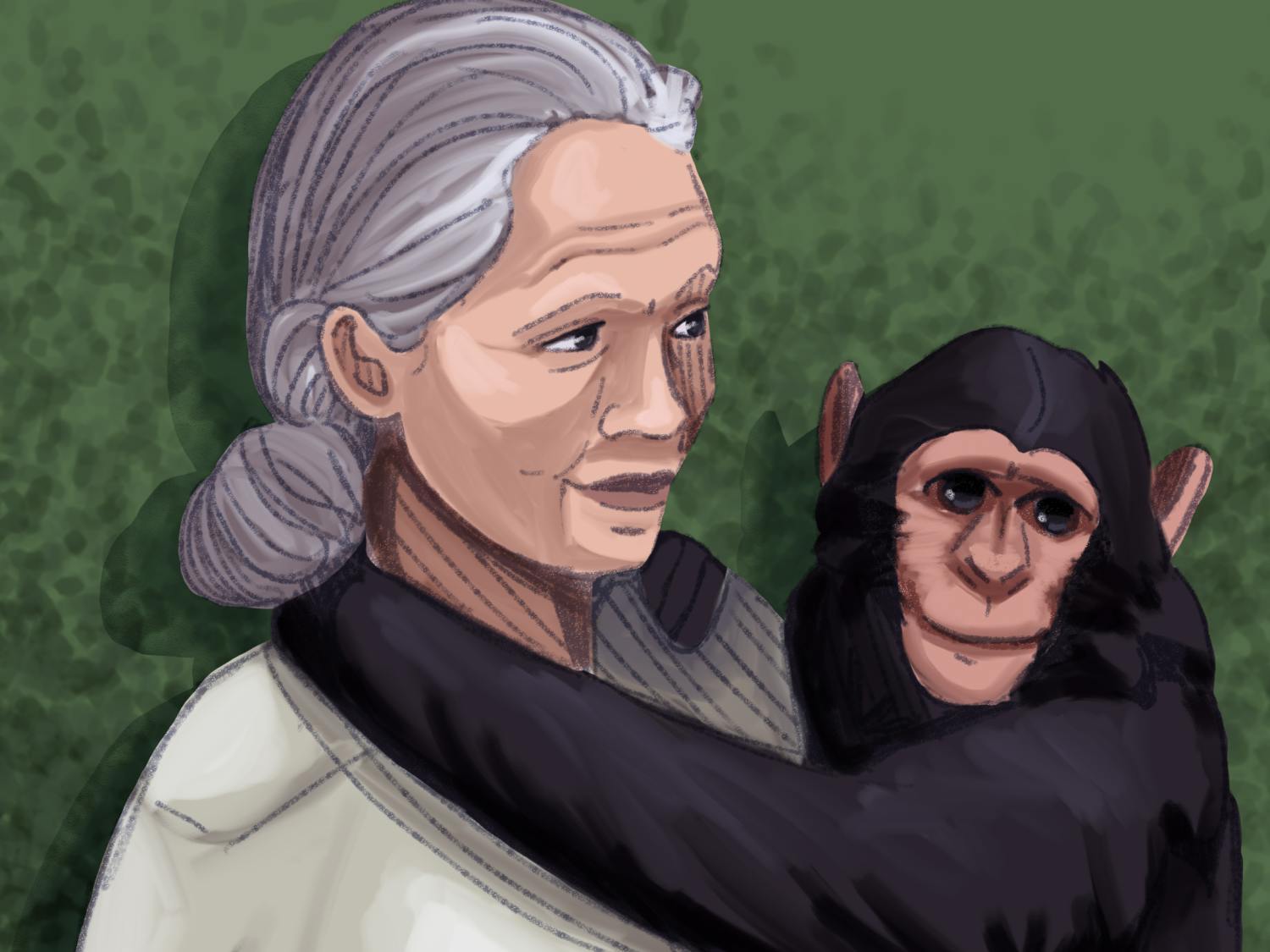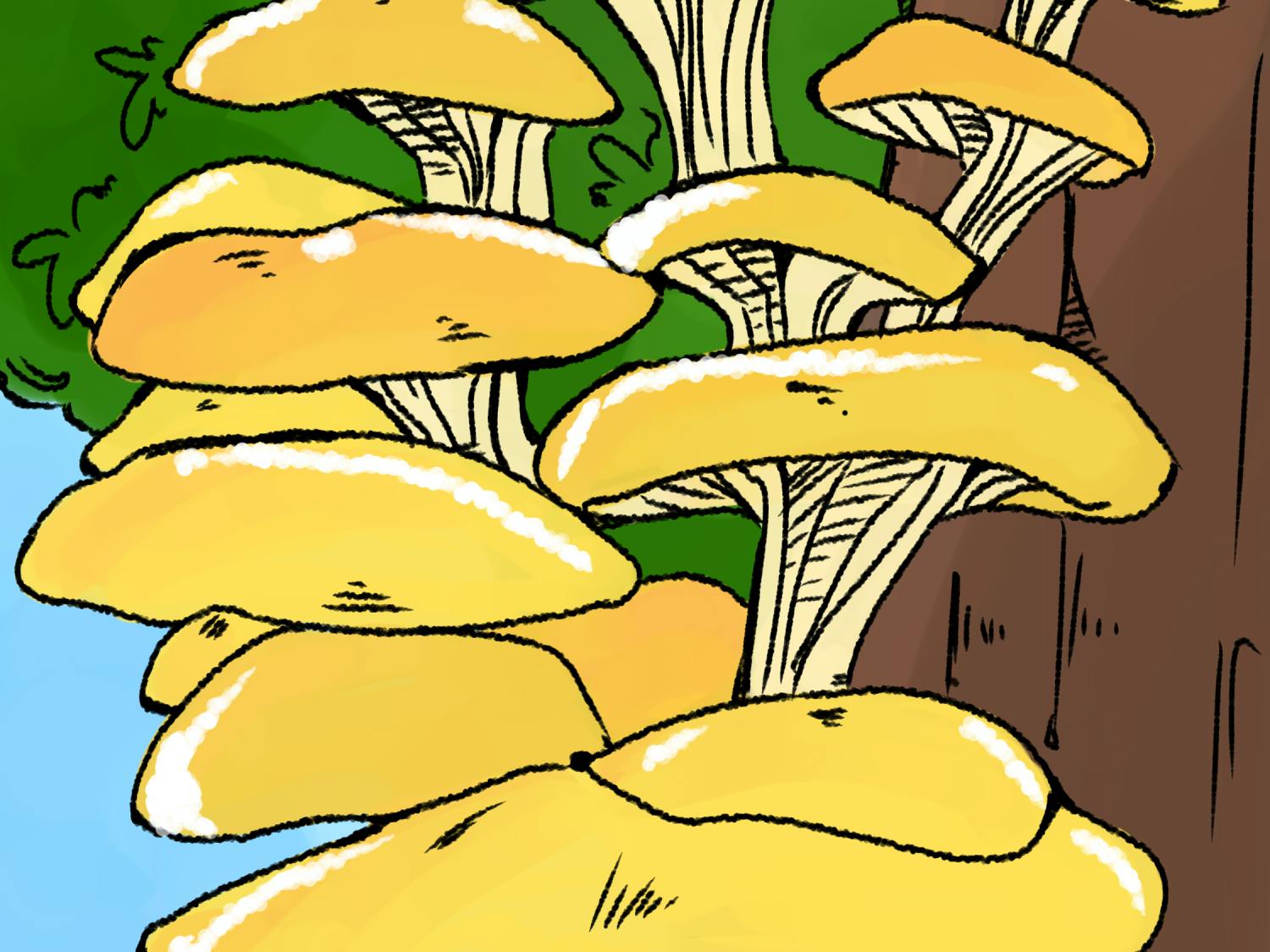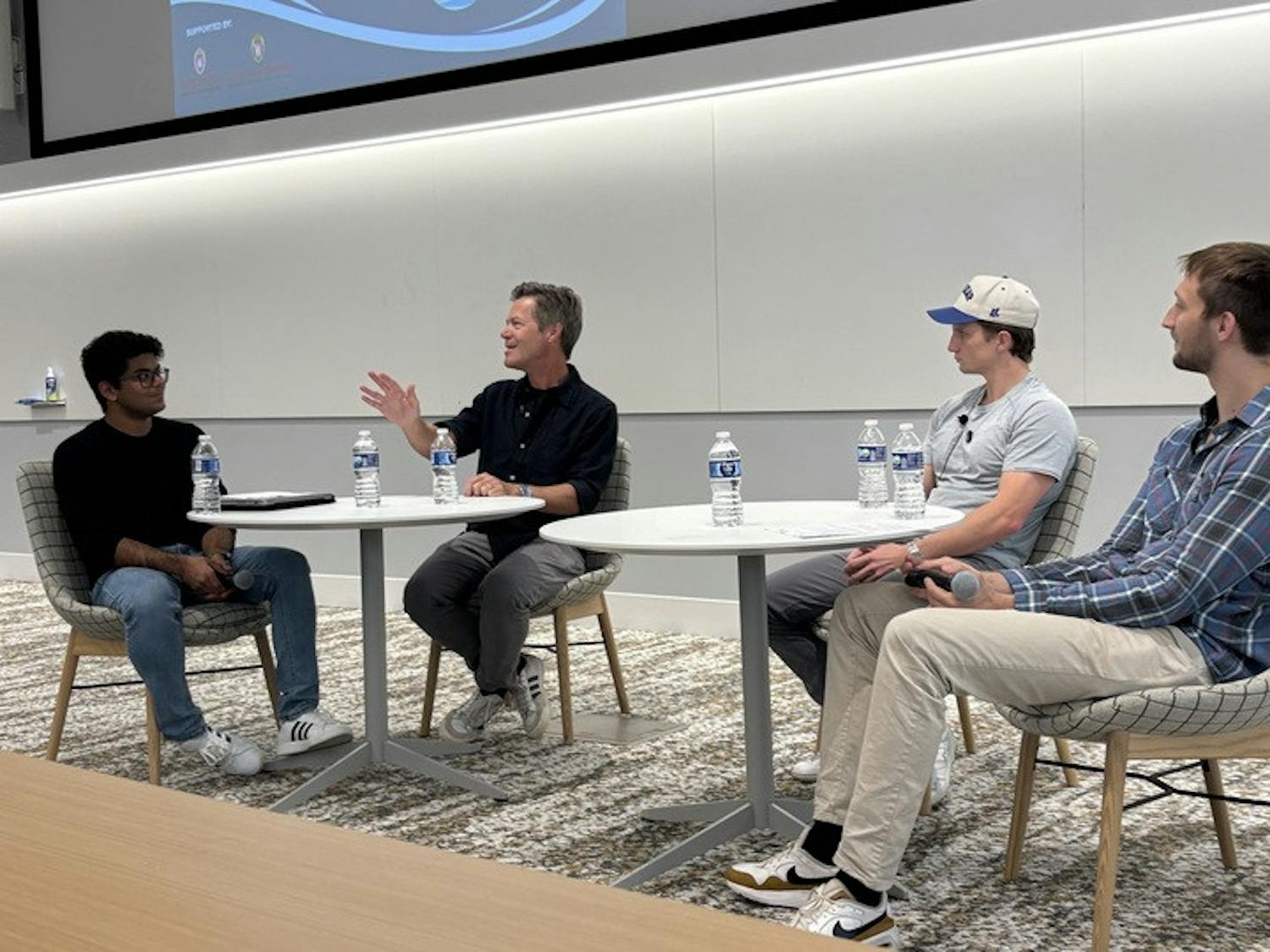Data center company announces partnership with UW-Madison’s Nelson Institute
By Madison Moris | Dec. 4QTS Data Centers says the collaborations will enable research on sustainable development and stabilize the local construction workforce, but some DeForest residents object to the company’s plan to build a data center.


